By Mrs. Navneeta Talukdar
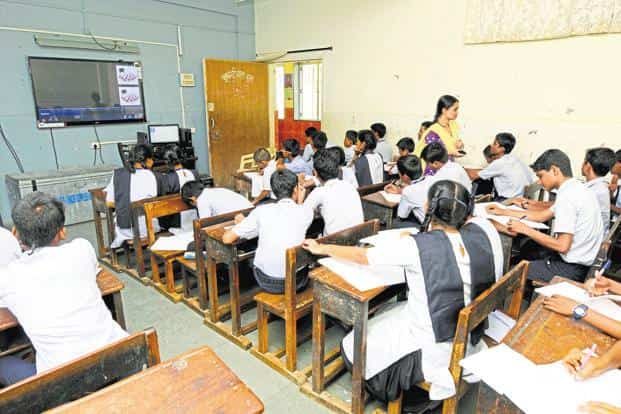
Over the past few years, there have been progressive reformative actions against thedependence on rote learning, teacher-led authoritative pedagogy, and confinement to classrooms. We have also realised that irrelevant and distant to real life learning experiences are ineffective in building deeper understanding.
The strongest criticism of mainstream schooling has been its inability to build appropriate skills and capacities in learners of the 21st century. And the intensity of this criticism has recently been driven by the onset of the Fourth Industrial Revolution such as artificial intelligence, automation, etc.
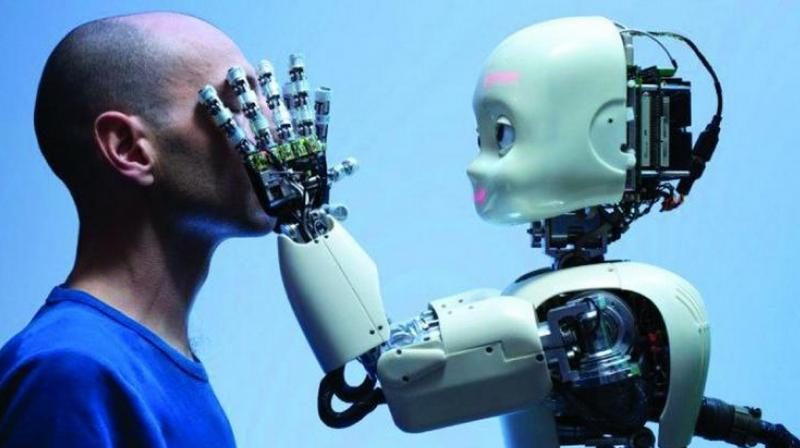
As a response to these criticisms, several alternative schooling pedagogies based on Project-Based Learning (PBL) or experiential learning have surfaced around the world.PBL is an approach where students learn critical competencies and skills through comprehensively crafted real-life projects, which are linked laterally to various domains or subjects. Instead of books and blackboards, students learn from the design, research, implementation and production of these projects.
The focus is on building relevant skills and capacities (such as design thinking, collaboration, creativity, etc.) and not just remembering facts. Projects are also crafted to accommodate multiple modes of learning and multiple ways of expressing understanding.
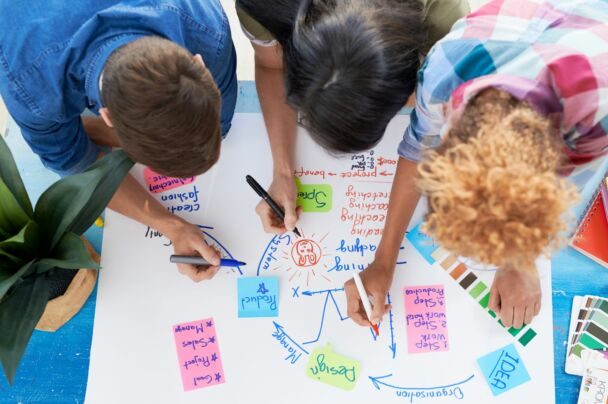
Projects, unlike traditional subjects, are integrated and interrelated, helping our brains to naturally follow their pattern of learning. A well-designed project often buildsrelevance for the learner thus creating a strong emotional connect to the learning process. Moreover, unlike ‘one size fits all’ traditional classrooms, a more individualised learning approach such as PBL honours the learning styles of multiple learners in a classroom. Research from the fields of cognitive and educational psychology also supports the belief that learning happens effectively when learners construct, cooperate and are engaged to learn. But the biggest advantage of PBL is in its inherent capacity to build citizenship among students. Projects are designed to solve real-life community issues build tremendous capacity for civic leadership among the young generation.

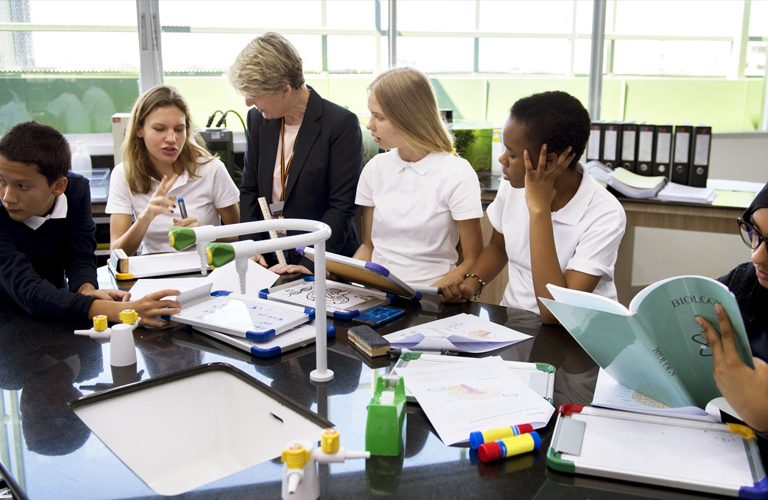

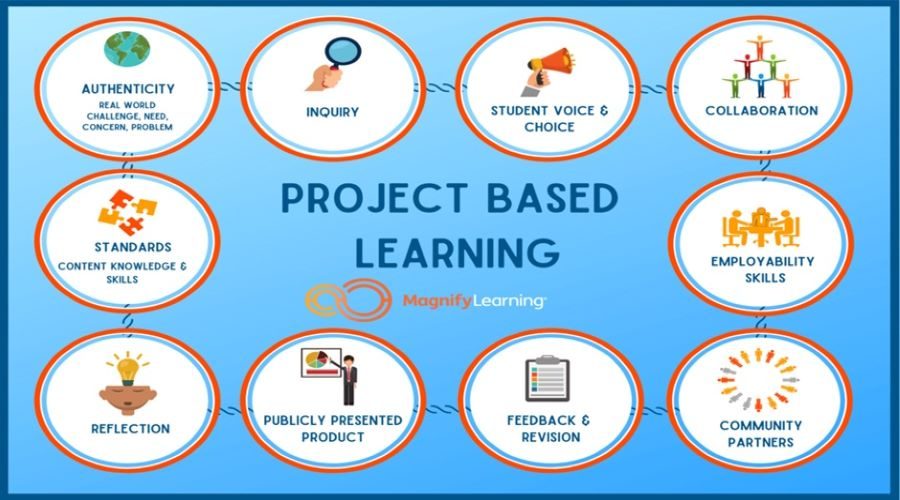



Leave a Reply